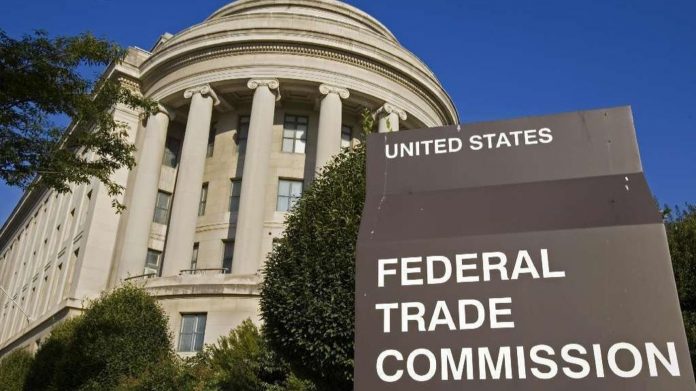USA Lenders Network, USA Lenders, and USA Debt Consolidation Service; VISION MEDIA LIMITED CORP., a Commonwealth of Dominica Corporation, also doing business as Optin Global, Inc., USA Lenders Network, USA Lenders, and USA Debt Consolidation Service;, also known as Qing Kuang Yang, individually, and as principal and owner of Vision Media Limited Corp. and Optin Global, Inc.; and PEONIE PUI TING CHEN, individually, and as president of Optin Global, Inc.
The settlement doesn’t shut down the businesses but will bar future violations of the spam laws, will require the operators to monitor affiliates closely to assure that they are not violating state and federal laws, and requires that they give up approximately $475,000 in ill-gotten gains.
In April 2005, the FTC and the Attorney General of California charged that the defendants used third-party affiliates or “button pushers” to send spam hawking mortgage loans and other products and services.
The operation used hyperlinks in the spam to refer consumers to Web sites operated by the defendants.
Consumers forwarded more than 1.8 million of the defendants’ e-mail messages to the FTC. Those messages demonstrated that the defendants were violating almost every provision of the CAN-SPAM Act, the law enforcers said.
The FTC and California charged that the defendants e-mail:
— contained false or forged header information;
— included deceptive subject headings;
— failed to identify e-mail as advertisements or solicitations;
— failed to notify consumers they had a right to opt out of receiving more e-mail;
— failed to provide an opt-out mechanism;
— failed to include a valid physical postal address.
At the agencies’ request, the court ordered a temporary halt to the illegal spamming, pending trial, and froze the defendants’ assets. The settlement announced today ends that litigation.
The settlement bars future violations of the CAN-SPAM Act. Specifically, it prohibits the defendants from sending commercial e-mail that contains false or misleading headers; contains misleading subject headings; does not contain a valid physical postal address; and does not identify the message as an advertisement. It requires that they include an opt-out mechanism for consumers who do not wish to receive their messages in the future.
The settlement requires that the defendants establish an aggressive monitoring regime for any future affiliate program to assure that their affiliates are complying with the provisions of the CAN-SPAM Act and California law. In addition to reviewing, in advance, the subject line, text, and other particulars of the affiliates proposed campaign, the defendants are required to establish an opt-out mechanism for any e-mail campaign conducted on their behalf and requires that they ensure that all opt-out requests are honored.
The order imposes a $2.4 million judgement – representing the total of the defendants’ ill-gotten gains. Based on financial records provided by the defendants, the judgment will be suspended upon payment of $385,000 in cash and approximately $90,000 from the sale of real property. Should the court find that the defendants misrepresented their financial situations, the entire $2.4 million will be due.
The settlement also contains certain bookkeeping and record keeping requirements to allow the agencies to monitor compliance.





